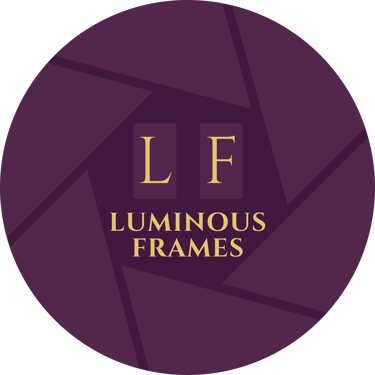Welcome to the refreshed Luminous Frames! New pages are coming very soon.
Love on Mars
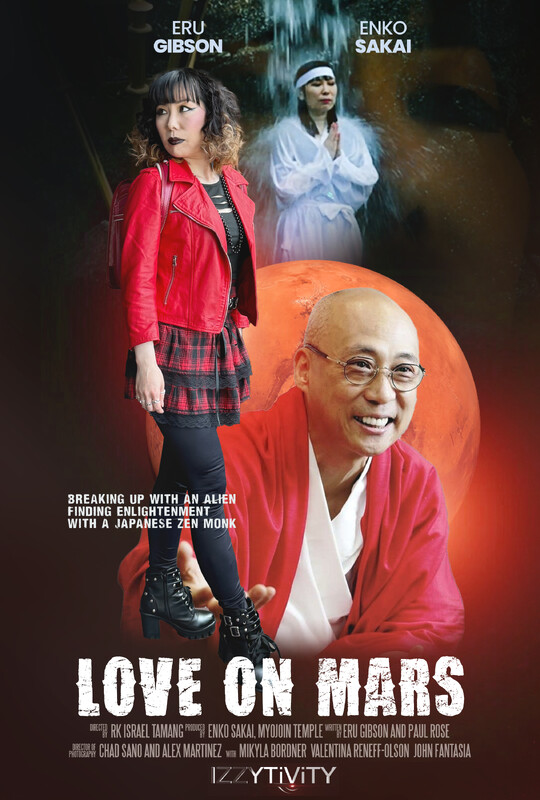

Synopsis
The film centers on Rain, a singer whose world is falling apart. Her band isn't working out. Her romantic life takes a bizarre turn when her boyfriend delivers the most absurd break-up line ever: “I’m actually a Martian. I have to go back to Mars.”
Love on Mars, short film directed by Himalayan director RK Israel Tamang from a script written by Paul Rose and Eru Gibson, who also assumes the main role, stands out for its lavish editing while narrating how a mindfulness guru can influence positively someone who feels lost.
That is the situation of the protagonist Rain (Eru Gibson), who is devastated after her boyfriend breaks up with her with a message saying he is returning to Mars. The nonsense of this excuse is never inquired in the plot. If it is true, and this is a fantasy story, or if it is just a cruel way to end a relationship, it is not important. What matters is that Rain buys it. For the sake of the plot, it symbolizes that no matter what you are aiming for, you must take the first step to achieve it.
Directed by
RK Israel Tamang
Eru Gibson, Paul Rose
Written by
Cast
Eru Gibson, Enko Sakai
RK Israel Tamang
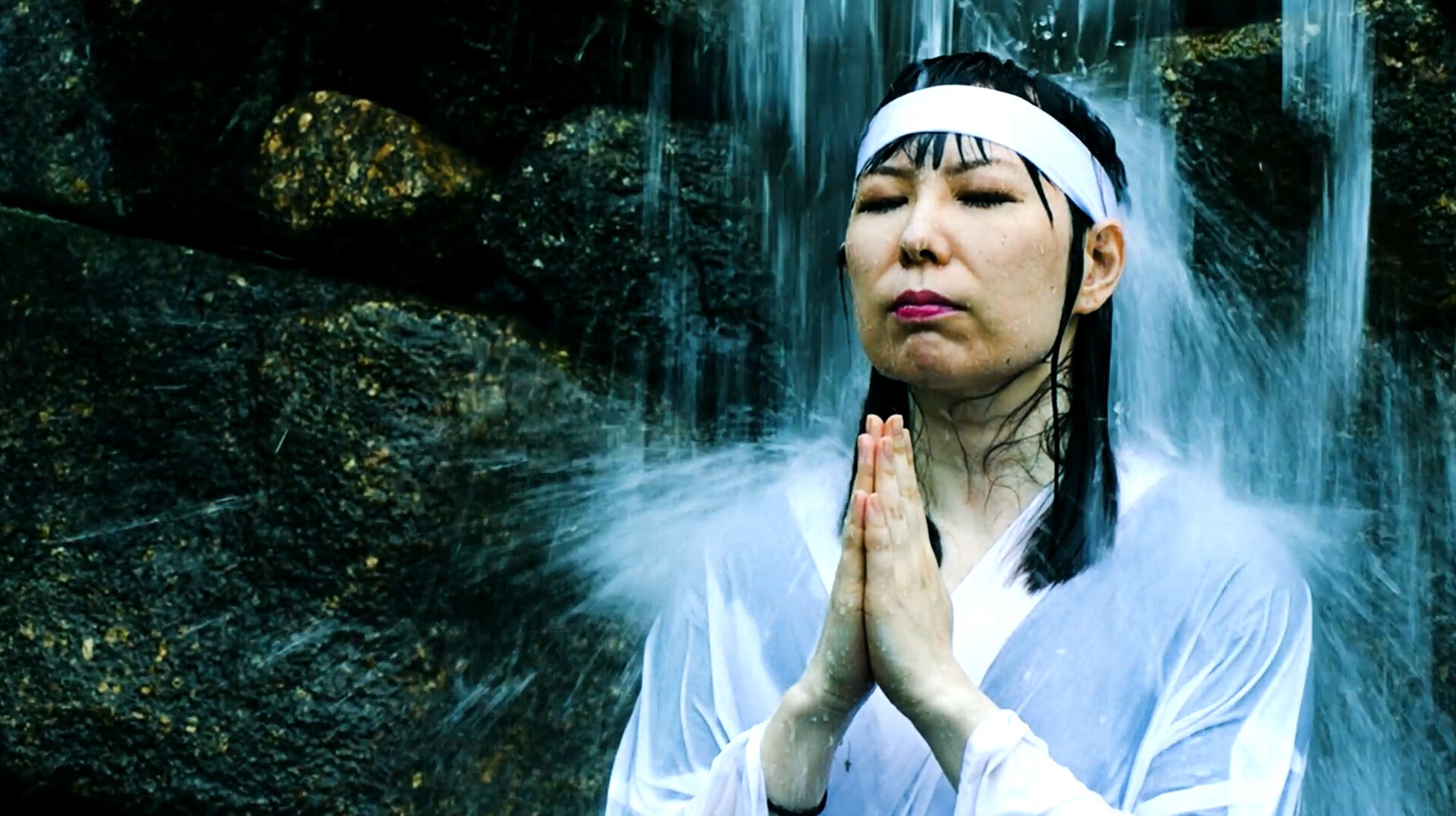

In summary, Rain runs out of a restaurant (where she offered to work to pay for the meal) and runs into a girl who is a follower of Enko Sakai, a Japanese mindfulness guru who will give a lecture in Los Angeles, where the story takes place. Rain becomes interested and attend Sakai’s conference. After that, in an online meeting the guru tells her words that inspire her to go after her boyfriend in Mars.
Love on Mars is structured with six scenes. The first one is an exchange of online messages, when the boyfriend breaks up with Rain. The movie intends to minimize if the excuse, strange as it is, is the truth or a lie, so the graphics are a good option to present it. Then we move to the second scene, that takes place in the restaurant. Here we notice the special attention director RK Israel Tamang pays to the editing. Analyzing it in numbers, there are 66 shots in this scene that lasts 2min30s, which is equivalent to an ASL (Average Shot Length) of 2.24, a level usually used in action movies. The result is a fastened pace that, on one hand, proves the skills in editing and care in filming so many different shots, but on the other hand seems incompatible with what is going on in the scene (a discussion about the bill).
In the third scene, Rain is walking in a park. Her attitude seems to be less stressful; she’s probably reflecting on her behavior in the restaurant and thinking about her gone boyfriend. Adequately, the shots here are longer, and the camera moves smoothly. The cemented paths in the park also add to the way the character is feeling. This is the best scene in the movie.
The character of the guru, Enko Sakai (played by himself), is presented in the following scene. It is a montage with Sakai walking in the center of Hollywood. Full of graphic effects, it resembles a TV show about tourism. This segment feels a bit too long, as it does not contribute to the narrative more than showing that the guru has arrived in Los Angeles for his conference.
Next, the movie shows Rain (and other people in the audience) absorbed by the words the guru speaks very slowly in his conference. Instead of filming the lecture or whole parts of it, director RK Israel Tamang prefers to shoot only small excerpts. In doing so, the arguments of his counselling are kept exclusive to the ones who actually attend his classes.
In the last scene, during a meeting online gathering the guru and his followers, he addresses Rain with a message that changes her state of mind. After listening that she needs to take the first step, she will pursue her boyfriend no matter how far he might be. Even on Mars.
The overall feeling about this movie is of a certain imbalance between direction and script. While the direction is lavish, the plot tends to the simplicity. For instance, to film a discussion, several shots are used from different angles and positions, but the story itself is not willing to discuss deeply the main theme (the cure through mindfulness). In this production, the form seems to be battling with the content.
Despite that, Love on Mars stands out among the average short films made by new filmmakers. Director RK Israel Tamang explores the mannerism, his overwhelming use of techniques specially in editing, but also in exploring a myriad of different shots and effects in each scene. As an actress, Eru Gibson gives a striking performance, always calling the attention when she is in the frame, a characteristic opposite to her persona as a writer, as in this function she prefers the simplicity. Considering this, Tamang and Gibson, as director and actress, make a powerful match; differently, there’s a conflict in the partnership between Tamang as director and Gibson as writer. Both talents will certainly expand their potential as they become more experienced.
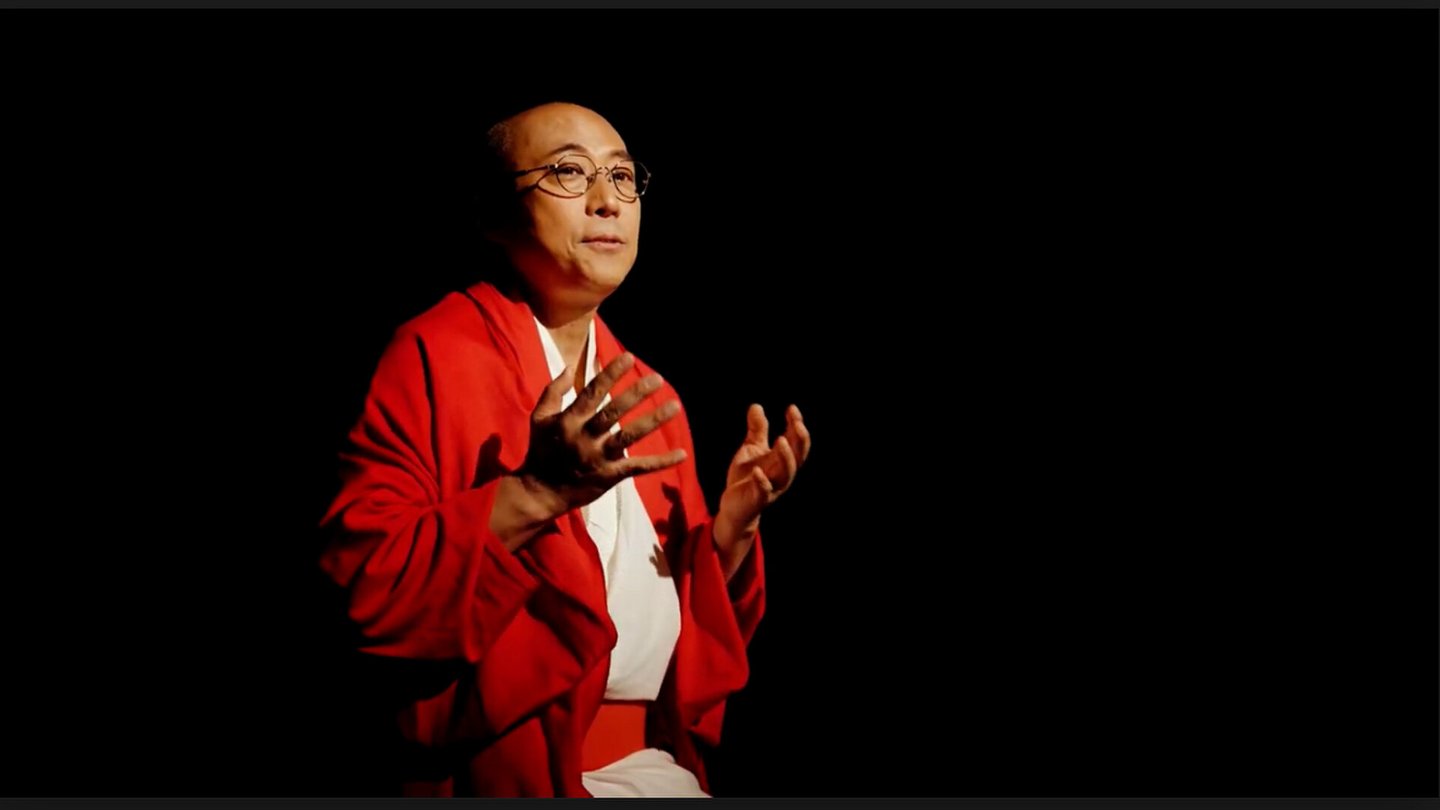

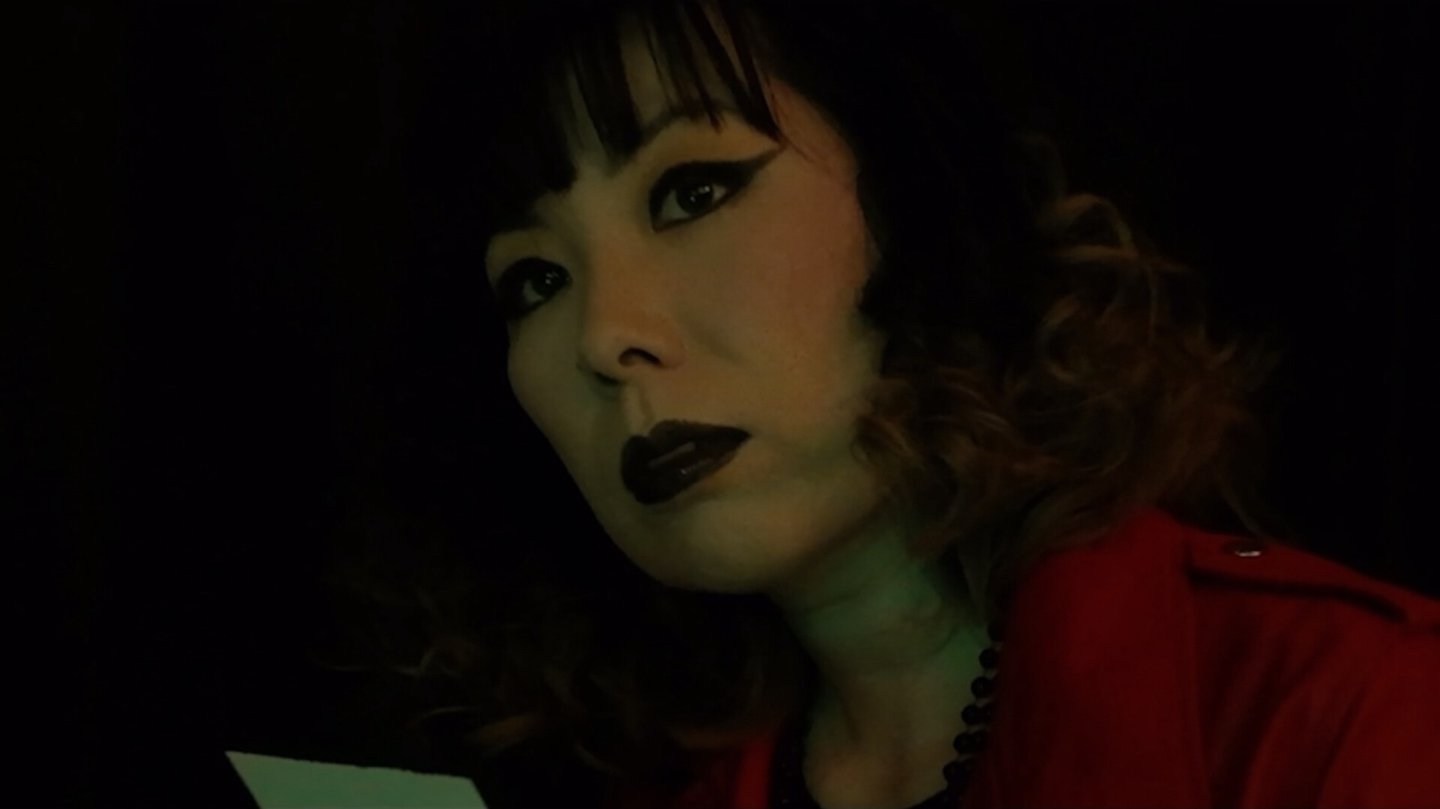

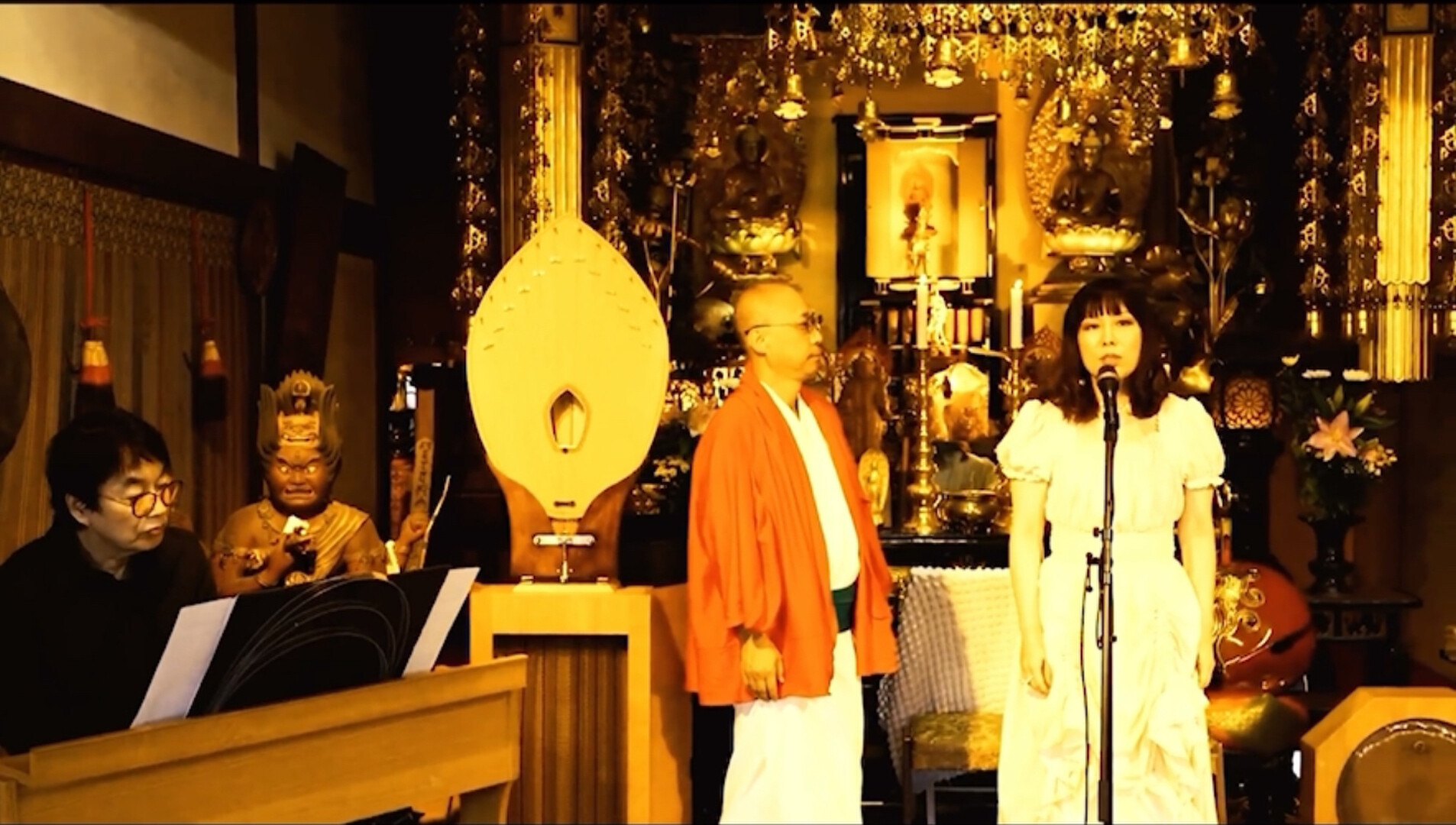

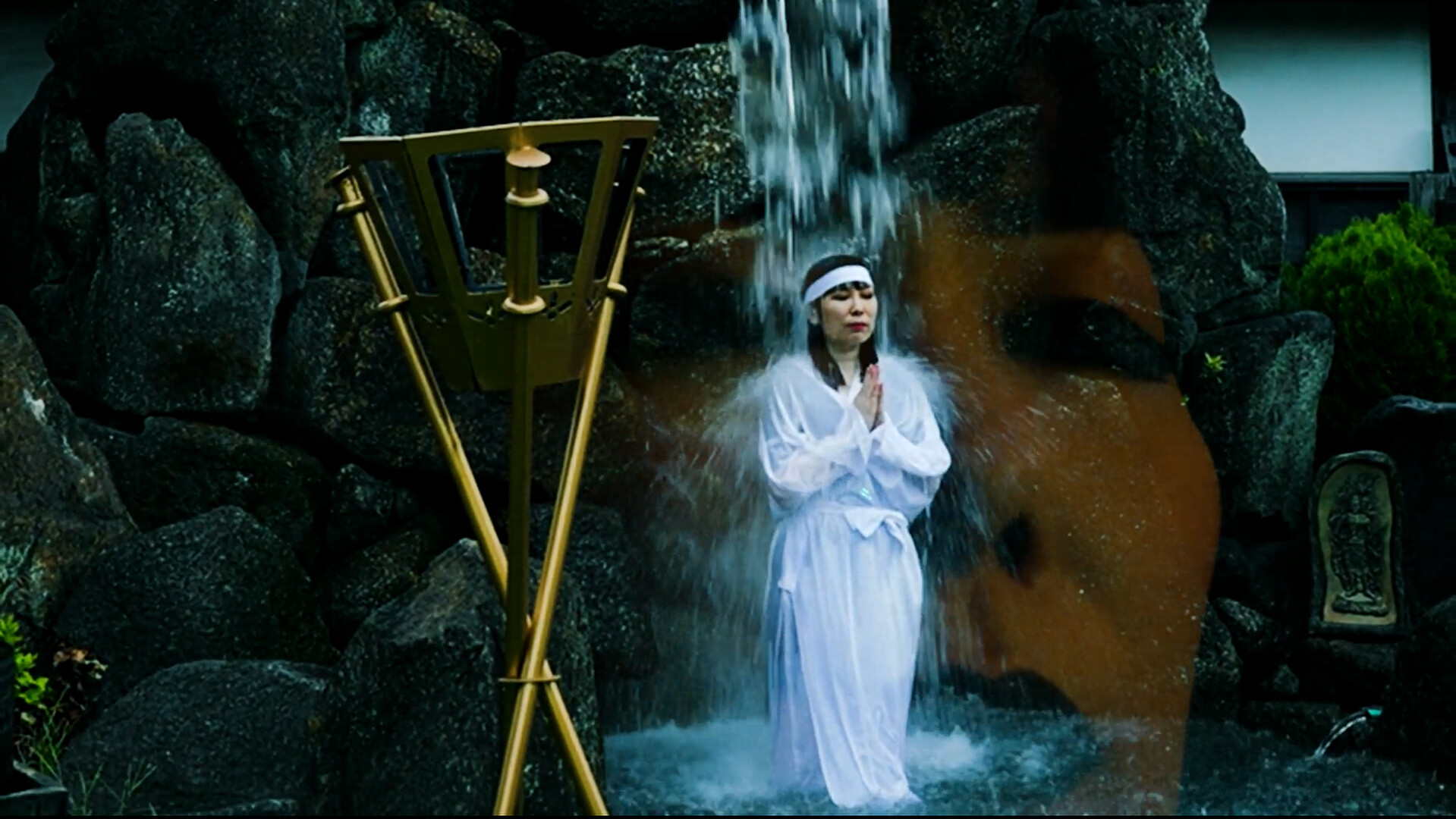


2025, Japan, 16 min
Produced by
Enko Sakai
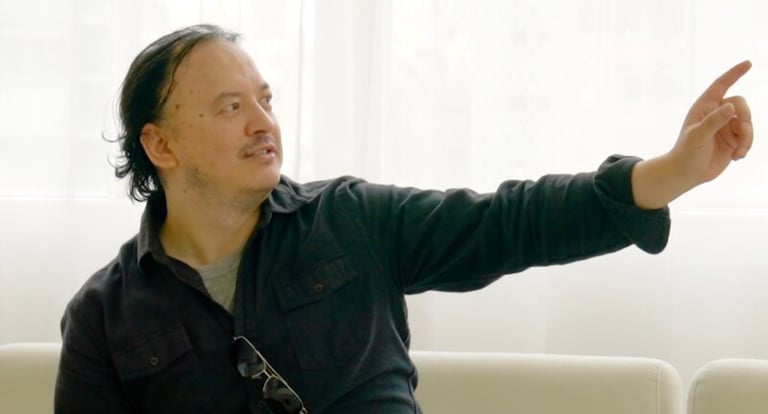



Eduardo Kaneco
Film critic, the founder of Leitura Filmica
© 2025. All rights reserved.
